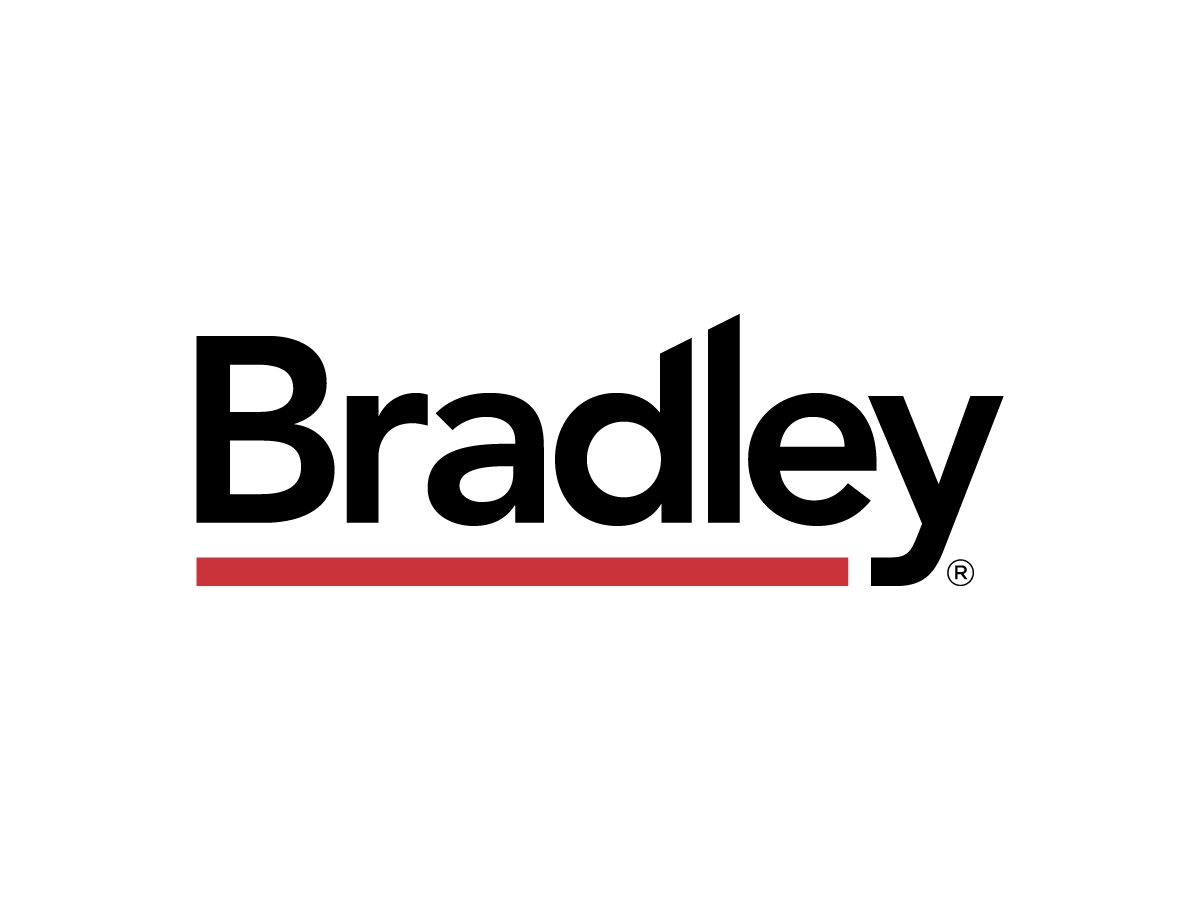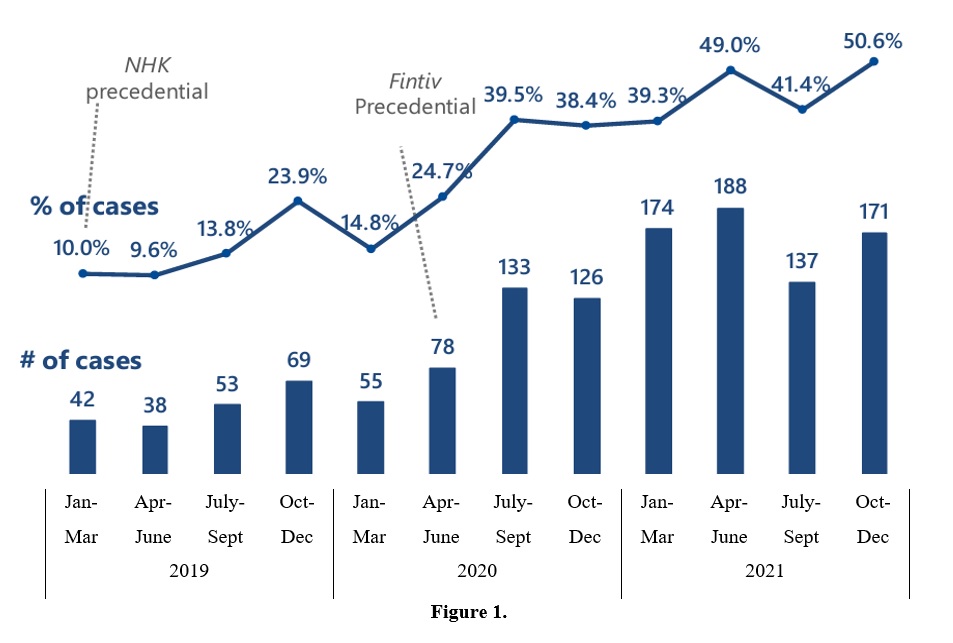UK Court Delivers Blow to Apple in FRAND Fight with Optis, Laments ‘Dysfunctional’ SEP Dispute System
“[W]ithholding an injunction to restrain infringement of a patent which has been found to be valid, essential and infringed will tend to leave the SEP owner with an inadequate remedy and to promote hold out. It follows that a strong reason is required to justify withholding an injunction.” – Court of Appeal
The England and Wales Court of Appeal this morning said that Optis Cellular Technology is entitled to an injunction before a lower court has set fair, reasonable and non-discriminatory (FRAND) terms for a license to Optis’ standard essential patents (SEPs) if Apple refuses to take a court-determined FRAND license. But in a post script to the ruling, Lord Justice Arnold said both Apple’s appeal and Optis’s cross-appeal “illustrate yet again the dysfunctional state of the current system for determining SEP/FRAND disputes” and that the European Telecommunications Standards Institute (ETSI) and other standards development organizaitons (SDOs) should “make legally-enforceable arbitration of such disputes part of their IPR policies” to curb the problem.
The ruling is the latest in a dispute that has been ongoing since 2019, when Optis accused Apple of infringing eight of its patents on key telecommunications technology through the sale of products such as the iPhone and iPad. The patents have all been declared to ETSI as essential under Clause 4.1 of the ETSI IP Rights Policy.
The appeal and the underlying judgment it upheld turned on the interpretation of ETSI’s Clause 6.1, which reads:
“When an ESSENTIAL IPR relating to a particular STANDARD or TECHNICAL SPECIFICATION is brought to the attention of ETSI, the Director-General of ETSI shall immediately request the owner to give within three months an irrevocable undertaking in writing that it is prepared to grant irrevocable licences on fair, reasonable and non-discriminatory (“FRAND”) terms and conditions under such IPR to at least the following extent:
– MANUFACTURE, including the right to make or have made customized components and sub-systems to the licensee’s own design for use in MANUFACTURE;
– sell, lease, or otherwise dispose of EQUIPMENT so MANUFACTURED;
– repair, use, or operate EQUIPMENT; and
– use METHODS.
The above undertaking may be made subject to the condition that those who seek licences agree to reciprocate.”
Among other issues, Apple disagreed on appeal with the High Court of Justice’s September 2021 judgment finding that it must agree to enter into a license on terms found to be FRAND by a court in an upcoming trial or else be enjoined, while Optis argued that the court had erred in finding that an implementer who refuses to take a court-determined license once found to have infringed an SEP is not “permanently disentitled to rely upon the SEP owner’s ETSI undertaking.”
The High Court judge, Meade J, interpreted Clause 6.1 as follows:
“In my view, the right interpretation of clause 6.1 is that any person interested in implementing an ETSI standard must be entitled to have a licence on FRAND terms on demand to a patentee which has given the relevant undertaking. That is the class of beneficiaries, and it is a very broad one. It is consistent with the ETSI regime of making standards widely available that there should be no restriction in terms of what the beneficiary wants to do commercially, as to manufacture, sales or the like – the acts which in the absence of a licence would be an infringement.
However, what such a person must be entitled to is to have and take a licence, and to operate under a licence. Clause 6.1. does not change the position that a party without a licence may potentially be injuncted. Thus I essentially accept Optis’ point that it is not right and not the intention of clause 6.1 for a party using the technology of a SEP to have the benefit of the patentee’s FRAND undertaking in terms of immunity from being sued, without the corresponding burden of taking a licence.”
Meade J thus “essentially accepted” Optis’s interpretation of Clause 6.1, but he rejected Optis’s contention that “the implementer permanently loses its right to rely on clause 6.1 if it does not commit to enter into a Court-Determined Licence either as soon as the SEP owner indicates that it is willing to do so or when there is a finding of validity and infringement of the SEP.” The judge said the implementer cannot be permanently deprived of the right to a FRAND license because that is not in keeping with Clause 6.1’s policy of ensuring “wide access to the relevant standards for all implementers who want it.”
Apple also contended that Optis had abused its dominant position in the market contrary to competition law; while Meade J said that outcome is not precluded in a later trial, it also did not justify withholding an injunction. The Court of Appeal rejected Apple’s argument that “in granting injunctive relief, the court would be rewarding Optis’ assumed breach of competition law, because an injunction cannot secure the genuine, good-faith negotiations of which Apple have already been deprived,” explaining that Apple’s position would promote “hold-out” and that injunctions should only be withheld in exceptional circumstances:
“As the judge pointed out, withholding an injunction to restrain infringement of a patent which has been found to be valid, essential and infringed will tend to leave the SEP owner with an inadequate remedy and to promote hold out. It follows that a strong reason is required to justify withholding an injunction. The assumed fact that Optis have abused a dominant position by disrupting meaningful negotiations prior to launching this litigation does not provide such a reason. The decision to grant or withhold an injunction looks to the future, whereas Apple’s complaint is about the past. As the judge explained, the assumed abuse has no continuing effect because Optis have accepted that they must grant a licence, have pleaded their case on FRAND to the court’s satisfaction and will abide by the court’s decision as to what terms are FRAND. All that Apple have to do to obtain a licence upon FRAND terms is to accept the court’s determination. The only obstacle Apple face is their own unwillingness to commit to taking a Court-Determined Licence before the terms have been finally determined. Moreover, it is Apple’s own case as articulated before this Court that the reason why Apple are unwilling to commit to a Court-Determined Licence is in order to protect themselves against the risk that the FRAND terms determined by the court are uncommercial or unviable.”
Ultimately, the Court of Appeal dismissed both Apple and Optis’s appeals, thereby upholding the High Court of Justice’s findings. But in the postscript mentioned above, before calling on ETSI and other SDOs to create an arbitration process as part of their IPR policies, the Court of Appeal lamented the current state of SEP/FRAND disputes and said both parties were at fault:
“Apple’s behaviour in declining to commit to take a Court-Determined Licence once they had been found to infringe EP744, and their pursuit of their appeal, could well be argued to constitute a form of hold out…; while Optis’ contention that an unqualified injunction should be granted would open the door to hold up. Each side has adopted its position in an attempt to game the system in its favour.”
EIP and Osborne Clark represented Optis and WilmerHale represented Apple in the appeal.
Eileen McDermott
Eileen McDermott is the Editor-in-Chief of IPWatchdog.com. Eileen is a veteran IP and legal journalist, and no stranger to the intellectual property world, having held editorial and managerial positions at […see more]







